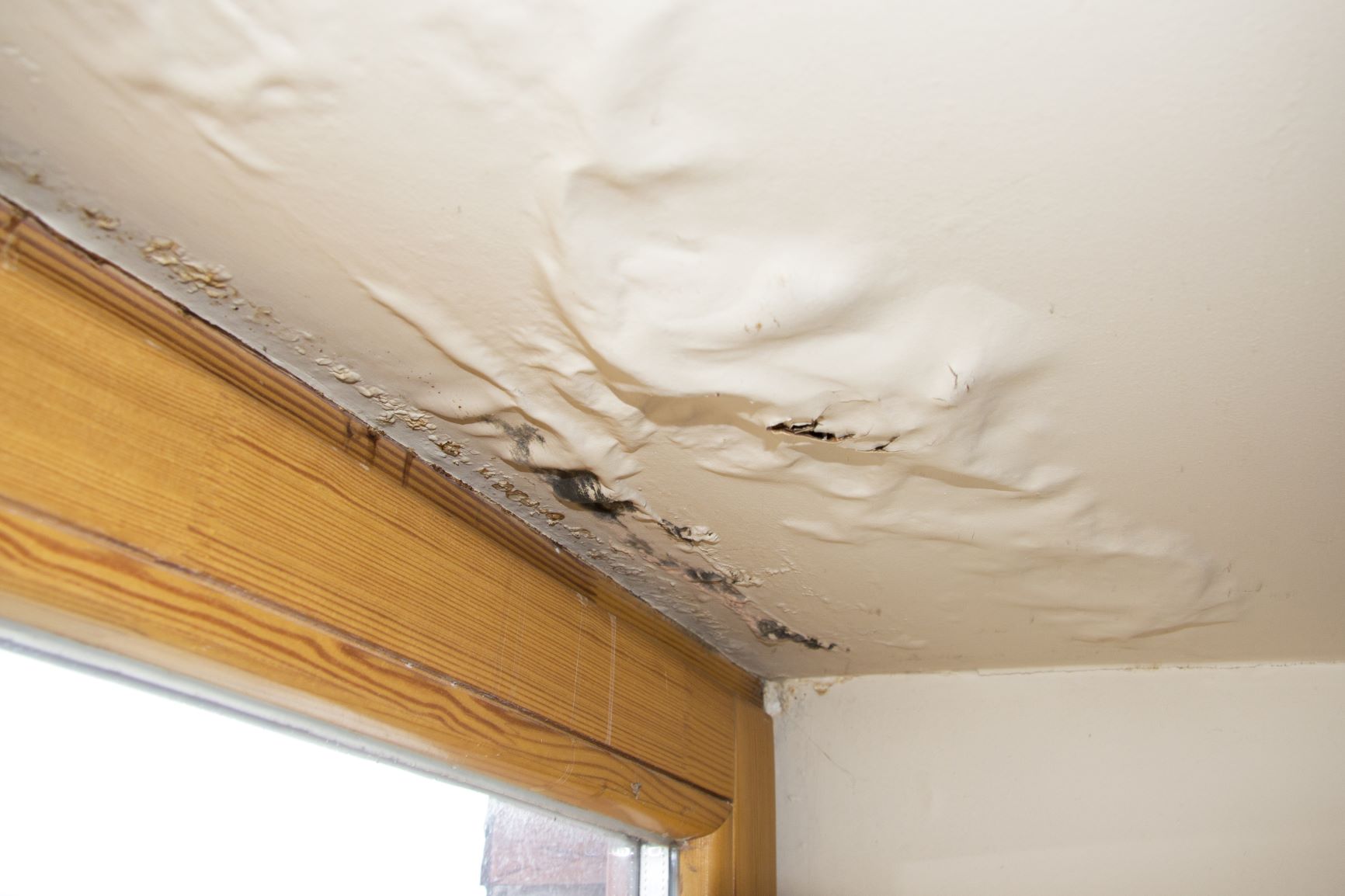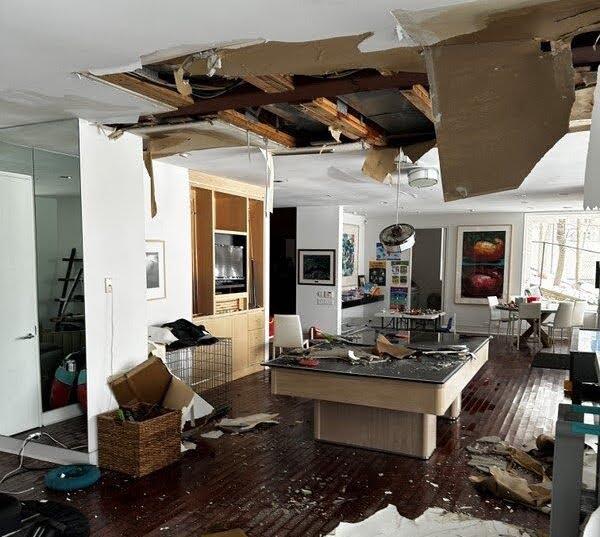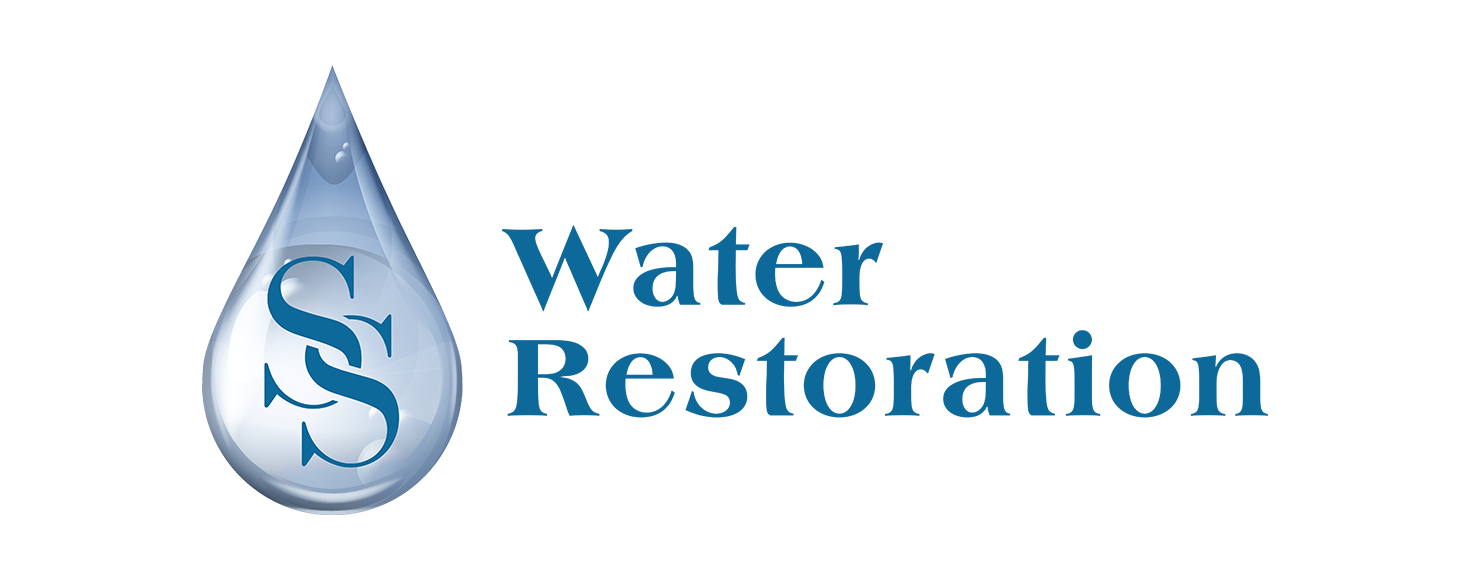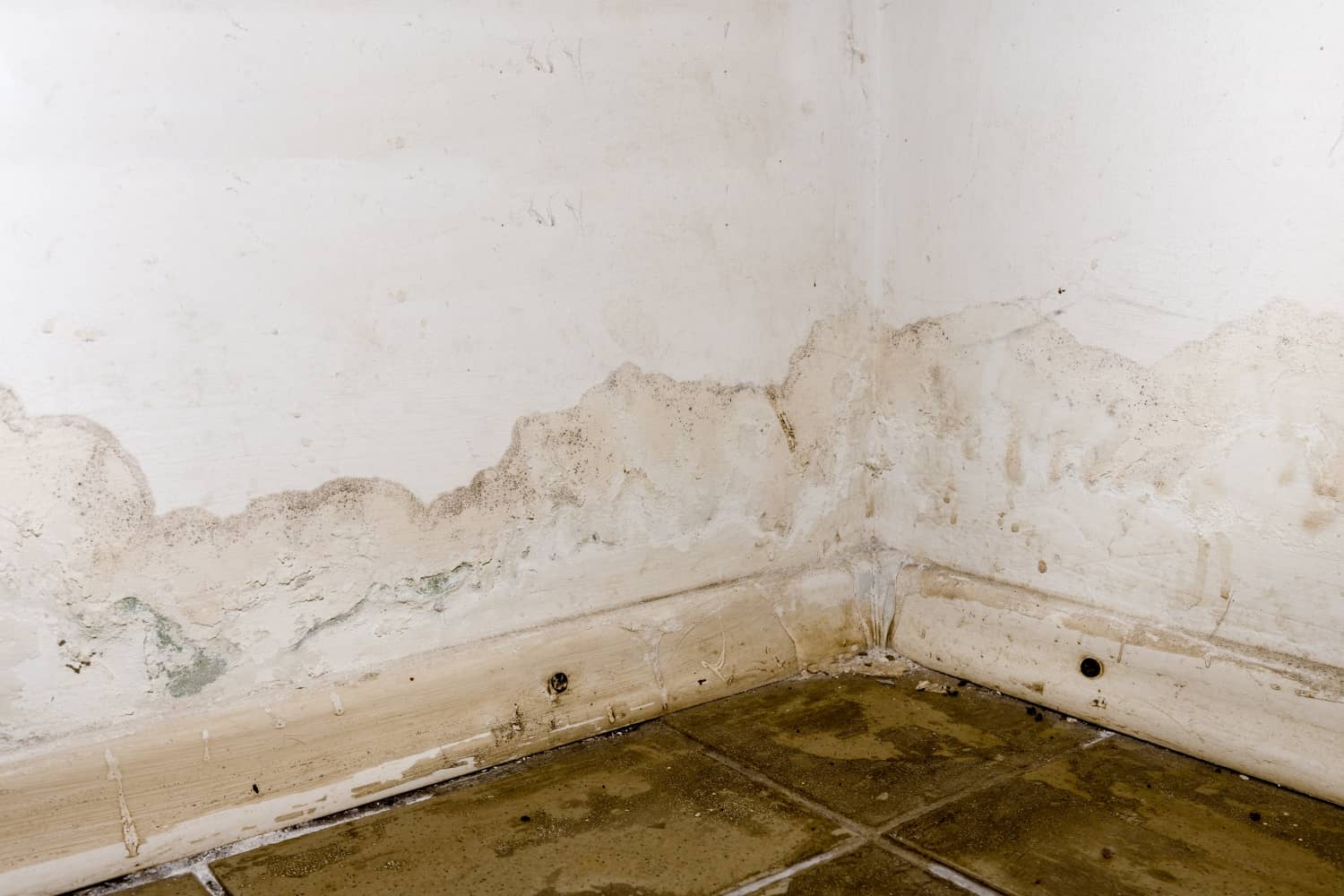Water Damage Cleanup Experts Offering Prompt and Efficient Solutions
Water Damage Cleanup Experts Offering Prompt and Efficient Solutions
Blog Article
The Process of Water Damages Cleaning: Guaranteeing Your Home Is Brought Back Efficiently
Water damages can be a complicated difficulty for homeowners, necessitating a organized and thorough cleaning procedure to restore security and capability. damage restoration services. Following this, reliable water removal techniques play a pivotal role in alleviating more harm.
Assessing the Damage
Upon discovering water damage, the very first step is to completely examine the extent of the influence. This initial analysis is important, as it aids figure out the necessary steps for reliable clean-up and remediation. Begin by examining the affected locations, consisting of walls, ceilings, floors, and individual possessions, to identify the source of the water breach, whether from flooding, leakages, or condensation.
Documenting the damages is crucial for both insurance cases and preparing restoration efforts - damage restoration services. Usage photos and created notes to catch the severity of the damages, noting any afflicted structural components and products. Pay unique focus to areas that might not be instantly noticeable, such as behind wall surfaces and under carpetings, as hidden wetness can bring about more problems, consisting of mold development
Additionally, analyze the timeline of the water exposure. The longer the materials remain wet, the greater the possibility for damage. Recognizing the duration of exposure will educate the necessity of removal efforts. Inevitably, a thorough evaluation lays the foundation for a successful water damage clean-up procedure, making certain that all affected areas are addressed properly and completely.
Water Removal Strategies

Specialists typically use completely submersible pumps for larger quantities of water, which can swiftly ease flooding in basements or various other impacted areas. For smaller sized quantities, wet/dry vacuum cleaners are often utilized to remove recurring moisture from carpets and difficult surface areas. In addition, utilizing mobile extractors enables for targeted removal in confined areas or areas with delicate products.
In circumstances of polluted water, such as sewer or floodwater, advanced extraction methods might include making use of biohazard equipment to make certain safety and compliance with health regulations. High-powered extraction tools are vital in decreasing water retention in structural products, which can lead to mold growth and structural wear and tear otherwise resolved without delay.
Inevitably, the effectiveness of water extraction methods plays a critical function in the general success of the water damage cleaning process, preparing for subsequent restoration efforts.
Drying and Dehumidification
Once standing water has actually been effectively extracted, the next important phase in the water damage clean-up process is drying out and dehumidification. This step is essential to protect against more damage and mold and mildew development, which can happen within 24 to 2 days in moist atmospheres.
To achieve reliable drying, customized devices such as industrial-grade air moving companies and dehumidifiers is used. Air moving companies circulate air throughout damp surfaces, improving dissipation rates, while dehumidifiers minimize humidity levels airborne, advertising a conducive atmosphere for drying out. The mix of these tools makes sure that wetness is extracted from furnishings, floorings, and wall surfaces, allowing them to dry completely.
It is very important to check the drying process carefully. Professionals often make use of moisture meters to analyze the dampness material in various products, making sure that all impacted locations get to appropriate dry skin degrees. This meticulous method helps to stop covert dampness pockets that could lead to architectural damages or unhealthy mold and mildew growth.

Cleaning and Disinfecting
After the drying and dehumidification stage is full, the next vital action in water damage cleanup is cleaning and sanitizing the impacted locations. This procedure is important to avoid the growth of mold, germs, and various other virus that thrive in damp settings.
The cleansing stage commonly includes getting rid of any particles, dirt, and impurities from surfaces using specialized cleansing agents. For difficult surfaces, a mix of soap and water or commercial cleaning items is usually used. Soft products, such as upholstery and carpets, may need much more comprehensive cleaning approaches, consisting of steam cleansing or deep extraction techniques, to make certain detailed sanitation.

Sterilizing follows cleansing, utilizing EPA-approved anti-bacterials to eliminate dangerous microbes. This step is necessary, especially in locations that may have entered into call with floodwaters or sewage, as these sources can present serious health and wellness threats.
In addition, it is important to deal with any type of continuing to be odors, flood restoration cleaning which may call for the use of smell neutralizers or advanced strategies like ozone therapy. Appropriate cleansing and sanitizing not only recover the safety and security and health of your home yet likewise lay the groundwork for effective restoration and repairs in succeeding stages of the water damages cleanup process.
Restoration and Fixings

When the analysis is total, restoration efforts can begin. Furthermore, floor covering may call for similar interest, depending on the degree of water direct exposure.
It is important to engage skilled remediation experts throughout this procedure, as they have the knowledge to deal with complicated repair work successfully. Moreover, they can help alleviate possible future problems, such as mold growth or structural instability, hence ensuring a habitable and secure living environment. Ultimately, effective restoration and fixings bring back the home's integrity and boost its general value.
Final Thought
Finally, the procedure of water damage clean-up is crucial for restoring a home to its pre-damage condition. Each stage, from examining the damage to executing effective water removal techniques, complied with by thorough drying, disinfecting, and necessary repair services, plays a vital duty in making sure safety and conformity with building standards. Effective execution of these actions not just reduces immediate damage but additionally enhances the long-term integrity and value of the residential property.
Water damage can be a daunting obstacle for homeowners, necessitating a meticulous and structured cleanup procedure to bring back security and functionality. Ultimately, a thorough evaluation lays the foundation for an effective water damage cleaning procedure, making sure that all impacted areas are resolved effectively and thoroughly.
Reliable water removal techniques are essential in minimizing damages and avoiding additional complications adhering to a water invasion event.In final thought, the process of water damage clean-up see this page is essential for bring back a home to its pre-damage problem. Each phase, from analyzing the damage to executing water remediation definition reliable water extraction strategies, followed by complete drying, disinfecting, and needed repair services, plays an important role in guaranteeing safety and security and compliance with structure criteria.
Report this page